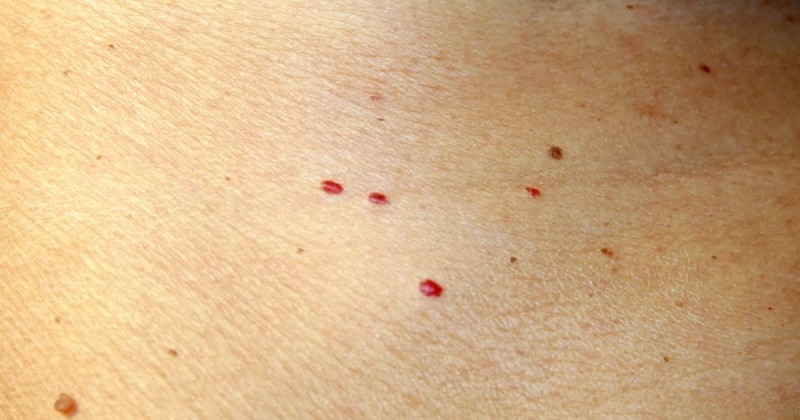
Our skin is more than just a protective covering; it can provide valuable insights into our overall health. Skin tags, moles, and freckles are common skin features that many of us have. They might seem like mere cosmetic concerns, but they can actually offer clues about what's happening within our bodies. In this article, we'll delve into the world of dermatological indicators and uncover the hidden messages these skin features might be conveying.
Skin tags, those small, fleshy growths that often appear on the neck, armpits, or groin, might be more than just a nuisance. While they are typically harmless, they could be indicating something about our health. Skin tags are often associated with obesity and diabetes. The excess skin that forms these tags could be linked to insulin resistance, a hallmark of diabetes. So, if you notice these tags cropping up, it might be a good time to check in with your healthcare provider.
Moles are a common occurrence and can vary in size and color. While most moles are harmless, some can be a cause for concern. The ABCDE rule can help determine if a mole needs medical attention:
If you notice any of these signs, it's wise to consult a dermatologist, as they could be indicative of skin cancer.
Freckles, those tiny spots of concentrated melanin that become more prominent after sun exposure, have a charming side. However, they could be telling you that your skin is particularly susceptible to sun damage. Having freckles might mean that your skin lacks natural protection against the harmful effects of ultraviolet (UV) radiation. This underscores the importance of diligently applying sunscreen and taking other protective measures when outdoors.
The connection between these skin features and our health lies in our genetics, hormones, and environmental factors. Skin tags and acanthosis nigricans, a condition characterized by dark, thickened patches of skin, could indicate insulin resistance and diabetes risk. Moles, on the other hand, can point to a genetic predisposition for skin cancer, especially if you have a family history of the disease. Freckles are often more common in fair-skinned individuals, who generally have less melanin and are therefore more susceptible to sun damage.
Understanding the potential messages behind skin tags, moles, and freckles highlights the importance of self-care. Regular self-examinations can help you notice changes early on. If you have concerns about your skin features, consulting a dermatologist can provide peace of mind and ensure early detection of any issues.
Maintaining healthy habits not only benefits your skin but also your overall well-being. Drinking plenty of water, eating a balanced diet rich in antioxidants, and getting enough sleep can contribute to skin health. Protecting your skin from excessive sun exposure, avoiding smoking, and managing stress are other crucial steps to maintain your skin's radiance.
It's important to note that skin tags, moles, and freckles are part of the natural diversity of human skin. Embracing these features as unique aspects of your appearance can boost your self-confidence and promote positive body image. Remember, these little quirks make you who you are, and they tell a story that's entirely your own.
Our skin is a canvas that reflects our inner health and experiences. Skin tags, moles, and freckles are not just superficial blemishes, but rather, they offer insights into our bodies and lifestyles. By paying attention to these indicators and taking good care of our skin, we can promote not only a healthier complexion but also a healthier life overall.
So, the next time you notice a new skin tag or a change in your mole, take a moment to consider what your skin might be telling you about your well-being.
5 Essential Suggestions to Help You During a Panic Attack, Including Deep Breathing